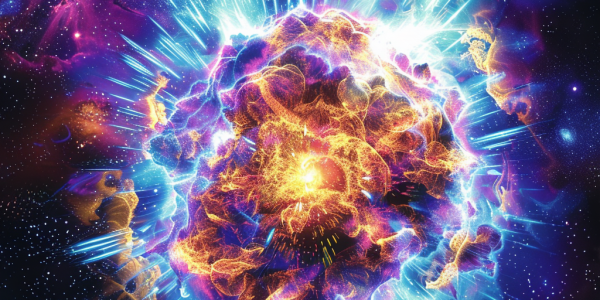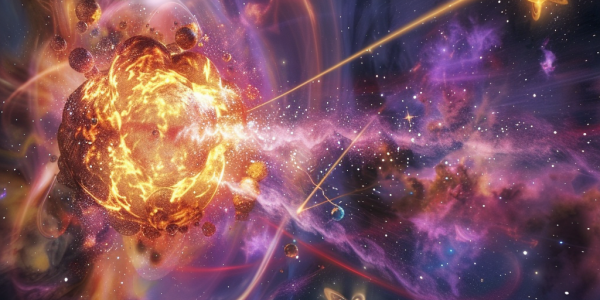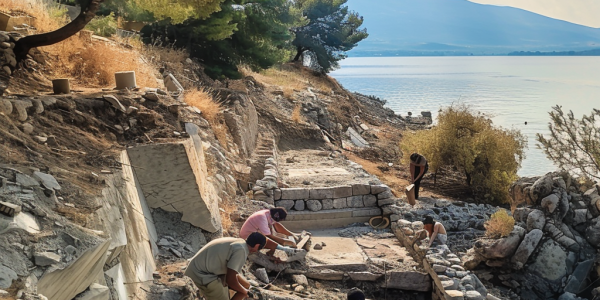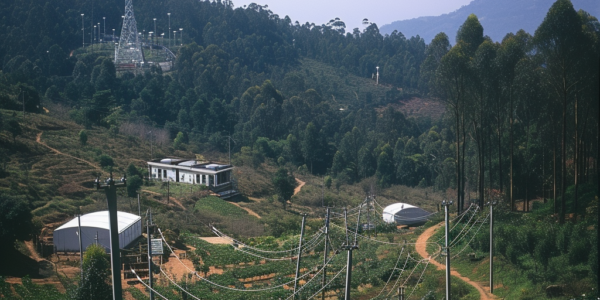Supernova Explosions: Harmful Radiation and Life’s Cosmic Connection
Recent research in the Astrophysical Journal Letters reveals the dual effects of supernova explosions on Earth, highlighting their potential to cause DNA damage while also contributing to the formation of life-essential elements like iron isotopes. This study emphasizes the complex relationship between cosmic events and biological processes, suggesting that supernovae may play a crucial role in the evolution of life in the universe.
New Discoveries of Antimatter on ISS Spark Excitement in Particle Physics
Recent findings aboard the International Space Station have revealed an unusual abundance of antimatter particles, specifically antihelium nuclei. This groundbreaking discovery by the Alpha Magnetic Spectrometer (AMS-02) raises profound questions about the universe’s composition and the elusive cosmic phenomena known as ‘cosmic fireballs.’ Researchers are investigating the mechanisms behind this antimatter anomaly, which could reshape our understanding of particle physics and the balance between matter and antimatter.
Cosmic Rays Unveil Secrets of 7,000-Year-Old Greek Settlement
Archaeologists utilize cosmic rays to accurately date a 7,000-year-old settlement in Greece, revealing new insights into ancient civilizations. By analyzing Miyake events, researchers from the University of Bern overcome the limitations of traditional dating methods, offering a fresh perspective on archaeological mysteries in the southern Balkans.
New Discovery in Cosmic Rays Revealed by GRAPES-3 Experiment in India
A new discovery in the realm of cosmic rays has emerged from the GRAPES-3 experiment in Ooty, India, operated by the Tata Institute of Fundamental Research. The experiment has revealed a previously unseen feature in the cosmic-ray proton spectrum at…




